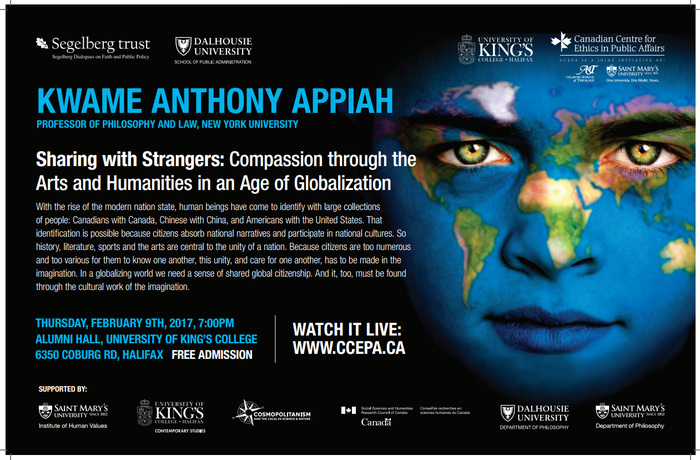

In his preface Appiah remarks that "If my sisters and I were 'children of two worlds' no one bothered to tell us this we lived in one world, in two 'extended' families divided by several thousand miles and an allegedly insuperable cultural distance that never, so far as I can recall, puzzled or perplexed us much."(ix) It is within this tension, between his own sense of "the world as a network of points of affinity" (ix) and another sense-not his own-that he must find himself as one thing or another-European or African-that this important book finds its raison.Īs the chapters unfold, one finds the reappearance in different dress of similar structures of reflection, composed around observed or recognized tensions between positions, but positions never quite symmetrical, and tensions never quite stable. Raised in an Anglo-Ghanaian family in the environs of Kumasi, Appiah's extended kin stretched from the West Country of England to the court of Asante and, over time, from the United States to Nigeria, to Norway, and to Botswana.


In his most recent work, which draws upon writings and experience over a number of years, Anthony Appiah takes his readers on a similar journey through an intellectual autobiography that begins with reflecting on Africa's contemporary culture and closes with the conflicted burial of his father. She challenges us by raising questions whether we belong in this privileged space, and by showing us how, when one enters this space, all kinds of issues-identity, values, private histories, authority-open up.

In drawing us through conflicted familial and emotional issues surrounding the broken and reconstituted relations with her daughter, Billops (who made the film with her husband James Hatch) has us traveling where few films take their audiences. In her recent film Finding Christa, Camille Billops draws her audience into a rich, expressive, and intimate space as she explores the rediscovering of a daughter given up, at four years old, for adoption in 1961. Kwame Anthony Appiah, In My Father's House: Africa in the Philosophy of Culture, London: Methuen, 1992 New York: Oxford University Press, 366pp.


 0 kommentar(er)
0 kommentar(er)
